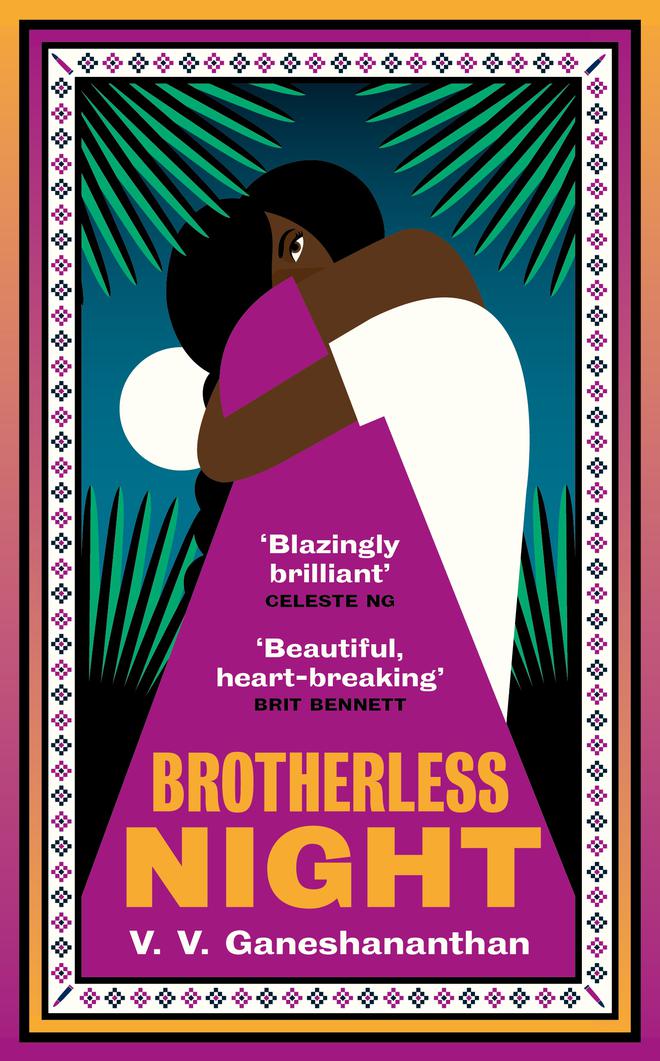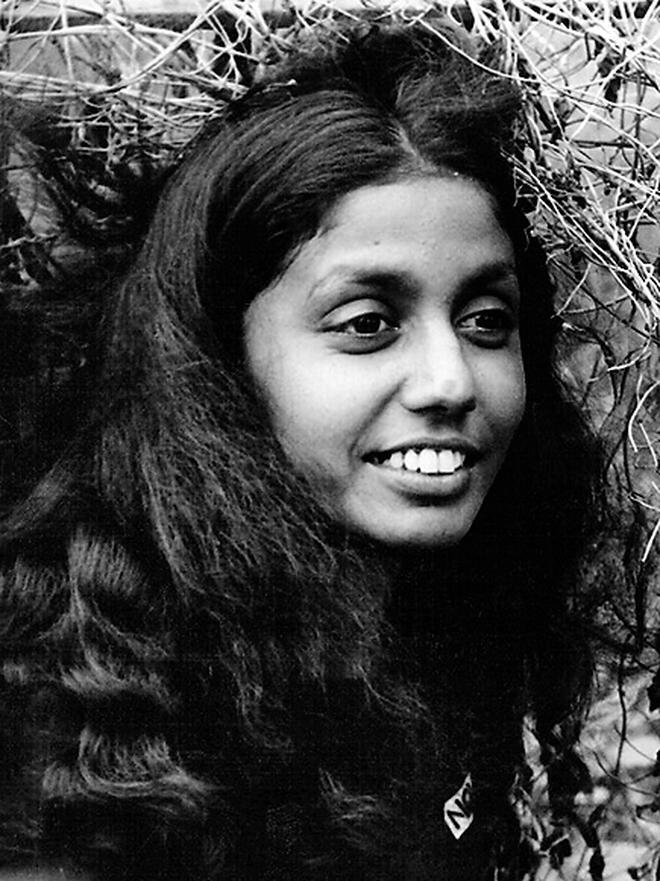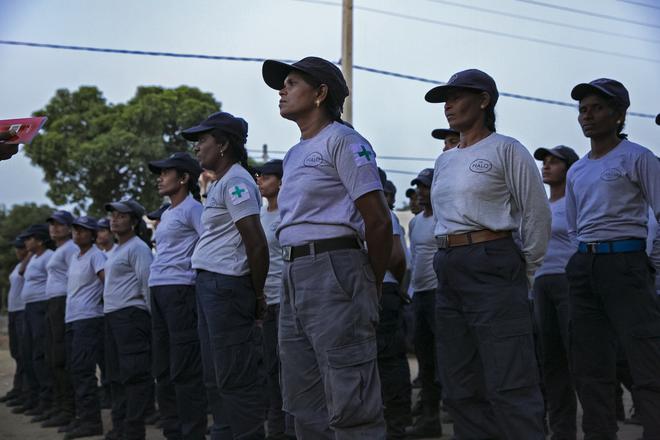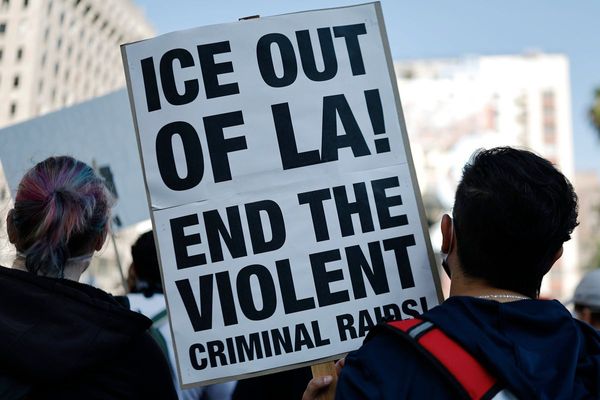The opening line of V.V. Ganeshananthan’s sophomore novel, Brotherless Night, will give you pause. Maybe you’ve settled down in an armchair with a cup of tea, or maybe you’re leaning against a shelf in a bookstore, on the prowl for your next big read. Either way, the opening line will disarm you.

“I recently sent a letter to a terrorist I used to know.” In a way, the line speaks to the specific challenges of documenting the Sri Lankan civil war. Thousands of narratives clamour for precedence, and no single strand of politics, empathy or logic can do justice to them all. What Ganeshananthan, 43, American writer and journalist of Ilankai Tamil descent, seeks to do is bring obscured voices back into the conversation. And for that, she first dismantles the very language of terrorism.
“One of the things that the rhetoric of terrorism seeks to do is to make the terrorist unintelligible,” says the author over a Zoom call from Minneapolis, where she teaches creative writing at the University of Minnesota. “The majority of people who have been referred to in that way are not unintelligible. Discussing their motivation doesn’t justify it, it just tries to understand it and to think about how someone might have arrived at that point.”
Ganeshananthan had been working on her first novel, Love Marriage (2008), about a Sri Lankan family fractured by the civil conflict, when she stumbled upon a significant piece of research. In 1987, a Tamil Tiger had gone on a widely-publicised hunger strike at the Nallur Kandaswamy Temple in northern Sri Lanka. His speeches were broadcast on some TV channels, and people from all over the Jaffna peninsula came to watch and to participate. After 12 days of abject theatricality, he died.
“The incongruity of that setting, the broad spectrum of people who were in attendance, the different stories that people were attempting to tell, and the way that those stories argued with each other… It was one of the first ways that I found my path to the point of view that I eventually used in Brotherless Night,” Ganeshananthan says.
Real-life inspirations
Even though her book isn’t really about the hunger strike, it does manifest a lot of its broader themes. What motivates someone to become a militant? What makes them a martyr? And what happens, then, to the people they love and who love them? The character of Sashi, an aspiring doctor, coming of age during the first years of the war, was initially conceived to be the vantage point from which Ganeshananthan could question the events surrounding the hunger strike. Eventually, she emerged as a quiet but resolute protagonist in her own right.
“Sashi sometimes doesn’t actually know if she is doing things of her own volition or not,” says Ganeshananthan. “Sometimes she is and people think she is not, and sometimes she isn’t and people think she is and sometimes she herself can’t tell the difference.”

As the novel progresses, Sashi’s expression of her free will grows stronger, nurtured by University of Jaffna professor Anjali Premachandran. This character was inspired by real-life professor and activist Dr. Rajani Thiranagama, who was assassinated allegedly by the LTTE for speaking out against their atrocities, and was most recently commemorated by Shehan Karunatilaka in his Booker-winning novel The Seven Moons of Maali Almeida. Interestingly Thiranagama’s sister, Nirmala Rajasingam, narrates the audiobook for Brotherless Night.
The book is the product of over a decade of research into the Sri Lankan civil war, which saw Ganeshananthan poring over written accounts, unearthing old photographs, and speaking to those who had lived through it first-hand. Over the course of her conversations with survivors of the war, she repeatedly came across narratives that hadn’t often been documented.
In one chapter in the book, a militant comes to Sashi’s neighbour’s house and asks her to prepare food for his battalion. “How generous of you to say ‘ask’ when she has no choice,” Sashi’s brother Aran responds, articulating the sort of coded coercion that was often imposed on the civilian community.
“Some of that coded language is easier to represent in fiction,” Ganeshanthan says. “The form itself has an elasticity that allows me to represent truths of the community without subjecting them to a kind of verification that might be painful. I don’t think the people who went through this should have to prove it.”
Women in the war

In another chapter, the government requests all Tamil boys of a certain age to come in for what they claim will be a simple security check, necessitated by the increase in anti-state violence. Citizens are made to believe that if they comply, they will be absolved of all suspicion. Instead, all the boys who present themselves for checking are detained without cause, and released only after the women of Jaffna protest.
“There have been stories of women in the war, but the ones that have taken centrestage have by and large been of women who took up arms,” says Ganeshananthan. “The stories I grew up with were of women civilians who were doing things like helping their elderly move homes every time they got displaced, or studying by candlelight, or waiting it out in their houses when there was shelling. I have a lot of respect for these women.”
In many ways, Brotherless Night is a feminist novel, one that centres on women, students and civilians whose lives have been disrupted by war. It is a novel that exalts domestic labour and caregiving as valiant war-time efforts, and especially honours the sacrifices made by the medical fraternity.
It is also, in a way, a coming-of-age novel dedicated to young people whose lives have been defined by a conflict they had no choice but to respond to. “I’m not interested in justifying atrocities committed by either the state or non-state actors. What I am interested in, is restoring all people to the conversation,” Ganeshananthan signs off.
The freelance writer and playwright is based in Mumbai.







